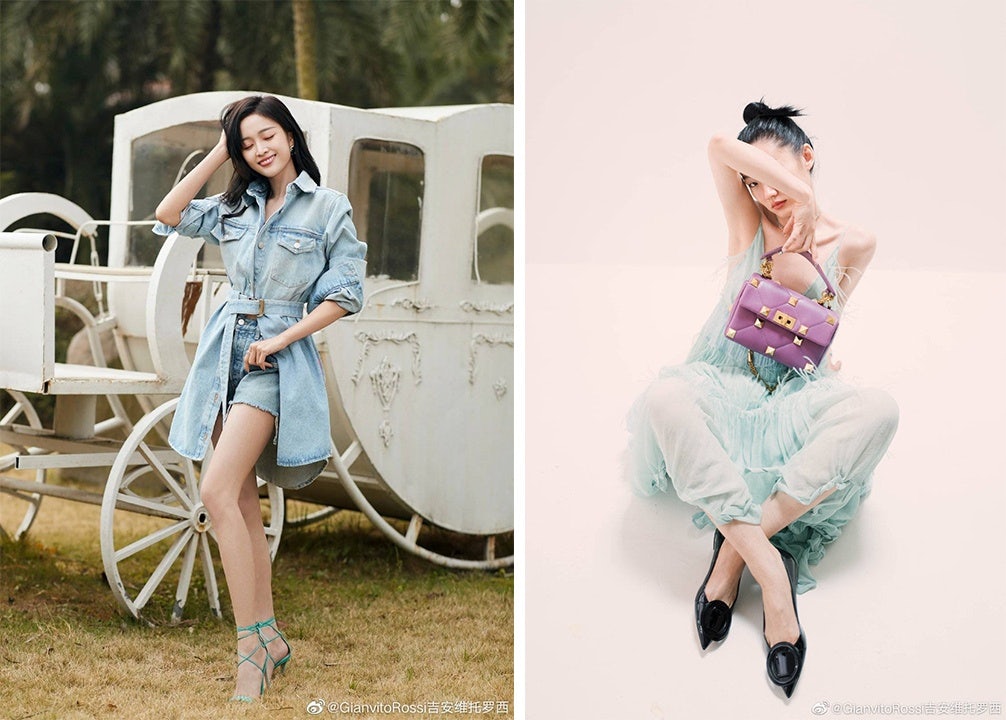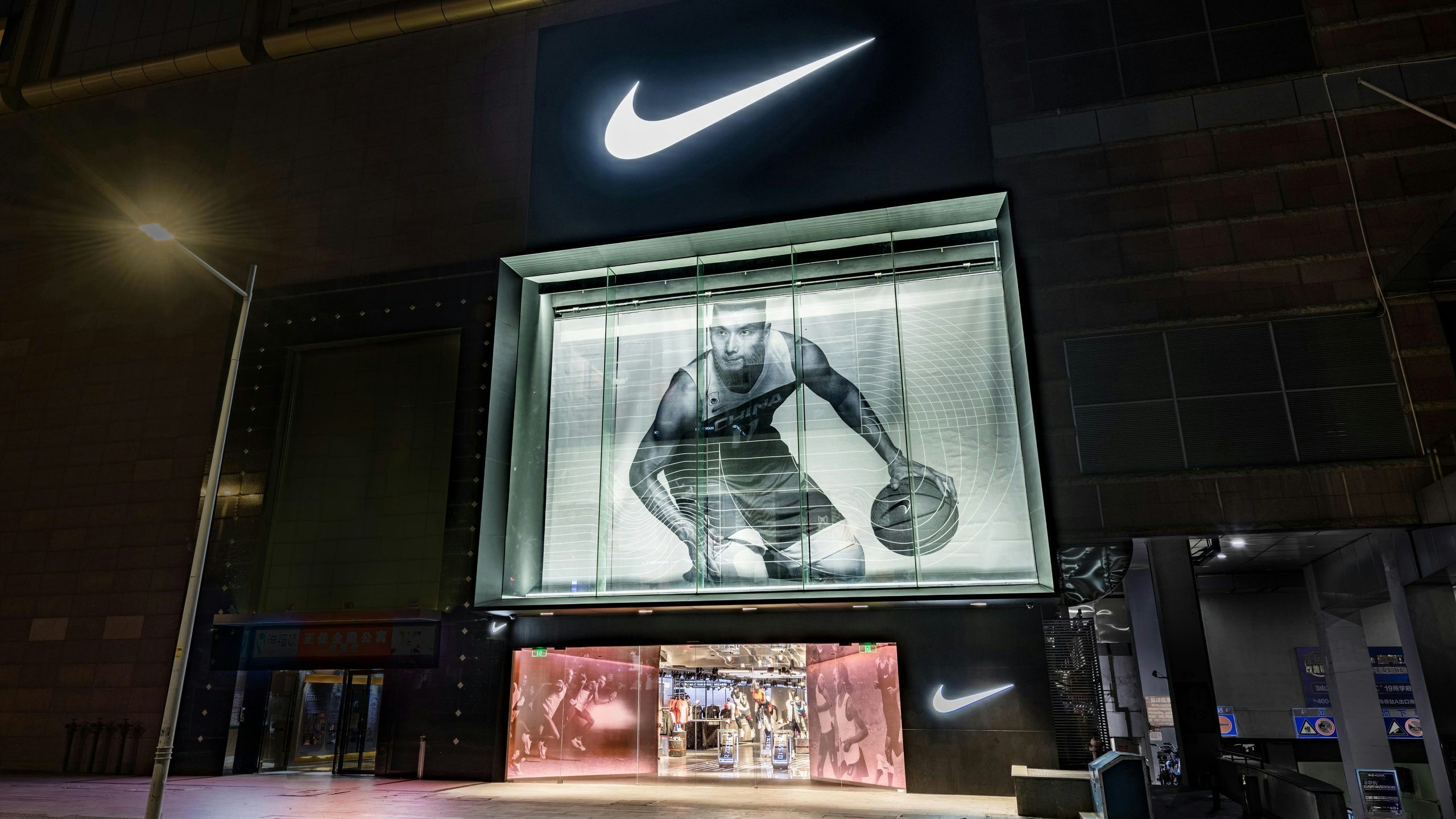Key Takeaways:#
Gen-Z women in China are not reliant on big shoe labels to define their individuality, as they don’t want to get mixed in with throngs of Chinese fashionistas, who all wear the same name-brand designer shoes.
Millennials see luxury as a form of social capital that helps set them apart and achieve personal and social goals. But Chinese Gen-Z choices differ. They buy luxury to feel different rather than conform to social norms.
If a brand has a digital and e-commerce business strategy combined with a robust offline presence, it can enhance brand experiences and brand building. Meanwhile, a brick-and-mortar-only model is less competitive.
Established designer shoe brands like Manolo Blahnik, Christian Louboutin, Giuseppe Zanotti, Salvatore Ferragamo, and Jimmy Choo are still quite popular with loyal Chinese consumers for their outstanding products. Yet, promising new shoe designers have now made their mark in this changing segment.
Over the past decade, niche luxury shoe brands have become hot-selling favorites for millions of young female shoe shoppers worldwide, including those in China. They’ve achieved a massive international following mainly due to their ultramodern yet elegant shoe designs.
Today, Chinese Gen-Z women are craving innovative, niche shoe products as a way to maintain their unique styles. Therefore, several new high-end footwear brands, such as Gianvito Rossi, Rene Caovilla, Aquazzura, Nicholas Kirkwood, and others, fit well with their demanding tastes.
And with the niche shoe trend continuing to skyrocket in China, Jing Daily has dug deeper into exactly what is drawing Chinese Gen Zers to them in huge numbers.
The appeal of uniqueness#
When looking at the highly sophisticated lifestyles of Gen-Z women in China, it’s easy to see they are no longer reliant on big shoe labels to define their individuality. They no longer want to get mixed in with throngs of Chinese fashionistas, who all wear the same name-brand designer shoes. Instead, according to a report by Bain & Co, it has become crystal clear that they’re looking for luxury footwear that would fulfill their primary desire — to stand out.
One such renowned shoe designer who has been highly successful in appealing to these shoe enthusiasts is Gianvito Rossi. “The niche tag for me means pure exclusivity where everything related to shoe design is being rarefied," he said to Jing Daily. "My designs blend the essence of refined elegance with a timeless and contemporary touch.”
For Rossi, this change in attitude among young Chinese women comes from this segment wanting valuable goods with a legacy of craftsmanship and quality. “They do not want to buy hot-selling products, but rather, low-key luxury products,” he explained.

Discussing the increasing popularity of niche shoe brands with Chinese Gen-Zers, Vanessa Wu, the business director at Gusto Luxe Europe, said that “millennials see luxury as a form of social capital that helps set them apart and achieve personal and social goals. But Chinese Gen-Z choices differ, [and they] and buy luxury to feel different rather than conform to social norms. For them, it is all about character and self-expression.”
Embracing Chinese e-commerce platforms#
When it comes to having a flagship store on advanced e-commerce sites like Tmall, Rossi sounds upbeat about this prospect. “We will soon be available on major Chinese e-commerce platforms," he said. "We know how important they are. However, they should also focus on adding intrinsic values to the service."
Wu agreed that the role e-commerce tools play in bringing brands closer to the Chinese consumers is key. “It is where they can really convert interests into the purchase," she said, "and is part of the online journey from awareness and consideration to the final purchase.” Yet, she also added that “niche shoes by some large fashion brands like Maison Margiela, Bottega, and Acne Studios are also making waves in China at the moment.”
Brick-and-mortar versus online business#
Since the growth of his eponymous brand is closely tied to its performance in China, Rossi plans to open more brick-and-mortar stores alongside the current one in Beijing. “It is one of the reference markets for the world of luxury," he explained. "So China is an important building block in terms of the market and completes the global retail presence of the brand. I cannot wait to be personally available in China to meet my clients here.”
But Wu had a somewhat different take on the viability of brick-and-mortar stores.“Ideally, brands should look at all the touchpoints with a keen focus," she said. "If a brand has a digital and e-commerce business strategy combined with a robust offline presence, then this approach can enhance brand experiences and brand building, but a brick-and-mortar-only model is less competitive.”
With so much competition out there, Wu believes these niche shoe brands must be more active in the Chinese market with relevant offerings. But amplifying these with holistic marketing strategies that focus on brand stories is the only way to stay ahead of the curve.

